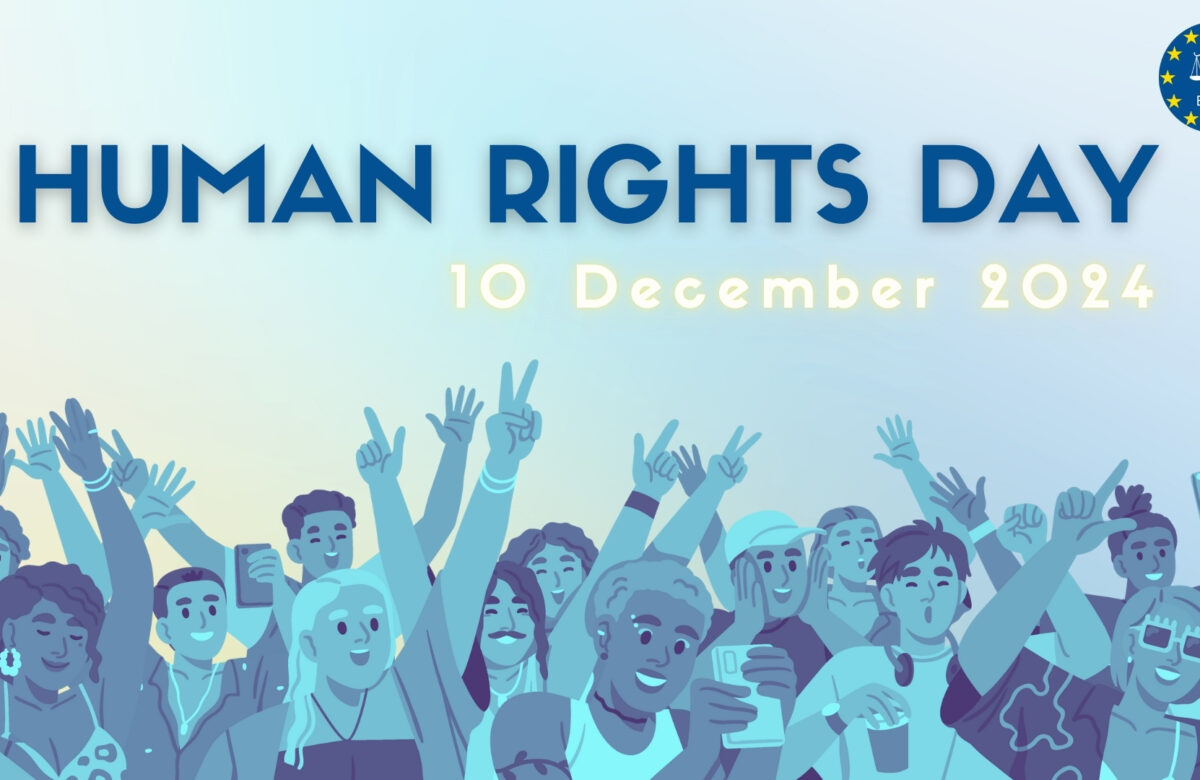- 2010/02/11
CASE OF SIDABRAS AND DŽIAUTAS v. LITHUANIA – Applications no. 55480/00 and 59330/00
Facts: The case concerns two applicants, Mr Juozas Sidabras and Mr Kęstutis Džiautas, who are both Lithuanian nationals. They both worked for the Lithuanian branch of the KGB (the Soviet Security Service). After 1990, the first Applicant, Mr Sidabras, found employment as a tax inspector at the Inland Revenue and the second Applicant, Mr Džiautas, worked as a prosecutor at the Office of the Prosecutor General of Lithuania, investigating organized crime and corruption cases in particular.
In May 1999, the Applicants were found to have the status of “former KGB officers” and to be subject to the employment restrictions imposed by Article 2 of the Law on the Evaluation of the USSR State Security Committee (NKVD, NKGB, MGB, KGB) and the Present Activities of Permanent Employees of the Organization. As a result of these restrictions, both Applicants were dismissed from their positions.
Both Mr Sidabras and Mr Džiautas brought an administrative action against the security intelligence authorities, pleading that their dismissal was unlawful. On 9 September 1999, the Higher Administrative Court held that Mr Sidabras’ dismissal had been justified and his appeal was also dismissed. In 1999, the Higher Administrative Court allowed Mr Džiautas’s claim and reinstated him. However, following an appeal by the security intelligence authorities, the Court of Appeal quashed the previous judgment. His appeal to the Supreme Court has failed.
Issue: The case was brought to the Court to decide whether there was a violation of Article 14 (prohibition of discrimination) of the Convention taken in conjunction with Article 8 (right to respect private and family life) or Article 8 alone. The Court also examined if there is a breach of Article 10 (freedom of expression) of the Convention taken alone and in conjunction with Article 14.
Holdings: By five votes to two, it was found that there had been a violation of Article 14 (prohibition of discrimination) taken in conjunction with Article 8 (right to respect to private life) of the Convention; No, there had been no violation of Article 10 (freedom of expression) taken alone or in conjunction with Article 14.
Court’s Rationale: The Court submitted that a far-reaching ban on taking up private sector employment does effect “private life”. The Court held that the Applicants “were treated differently from other persons in Lithuania who had not worked for the KGB and who as a result had no restrictions imposed on them in their choice of professional activities”. The Court also observed that the Applicants were treated in an inappropriate way as “the KGB Act was to regulate the employment prospects of persons on the basis of their loyalty or lack of loyalty to the State”.
The Court therefore considered that the prohibition on occupying various private sector posts for former KGB agents caused consequential effects on the enjoyment of their right to respect for their “private life” within the meaning of Article 8. The Court noted that referring to particular occupations, it was impossible to ascertain any reasonable link between the positions concerned and the legitimate aims sought by the ban on holding those positions. In the Court’s view, such a legislative scheme constitutes a “lack of the necessary safeguards for avoiding discrimination and for guaranteeing an adequate and appropriate judicial control of the imposition of such restrictions”.
The Court also considered relevant the fact that the 1999 Act came into effect almost a decade after Lithuania had declared its independence and the applicants left the KGB many years before the entry into force of the 1999 Act. The Court concluded that the ban on the Applicants seeking employment constituted a disproportionate measure. The Court therefore held, by five votes to two, that there had been a violation of Article 14, taken in conjunction with Article 8.
Just satisfaction: The court held that Lithuania was to pay each of the applicants 7,000 Euros in respect of pecuniary and non-pecuniary damages, as well as 2,681.37 EUR and 2,774.05 EUR respectively for costs and expenses.
[wpfilebase tag=file id=638 tpl=default3 /]



